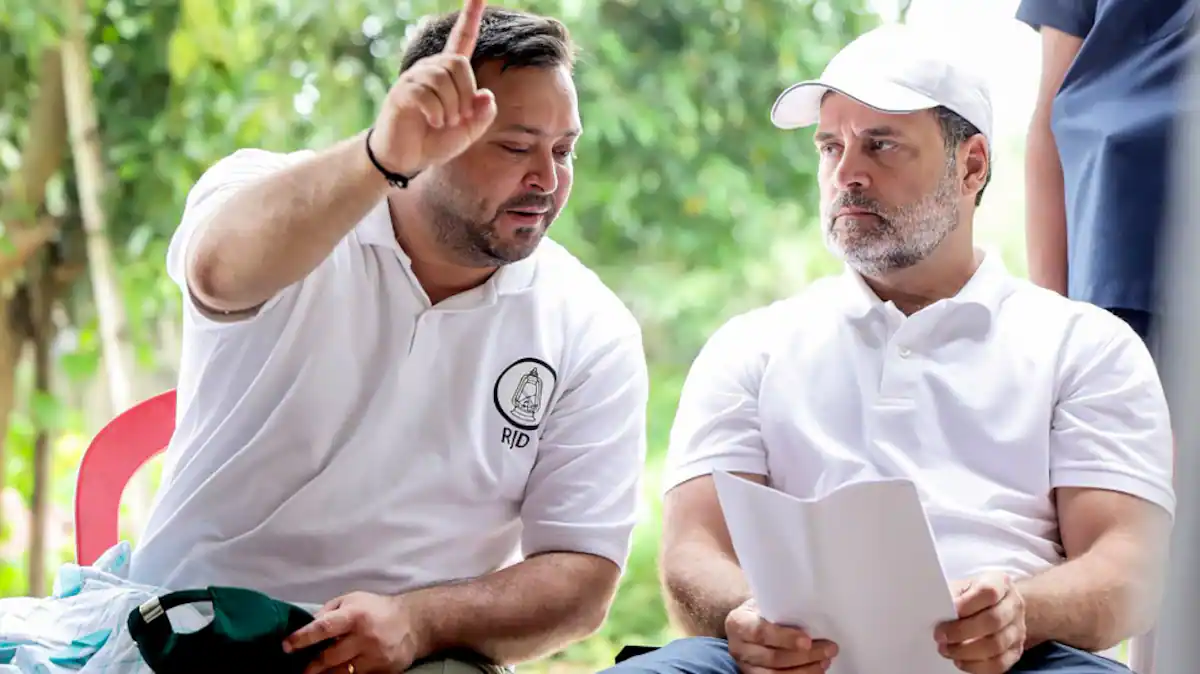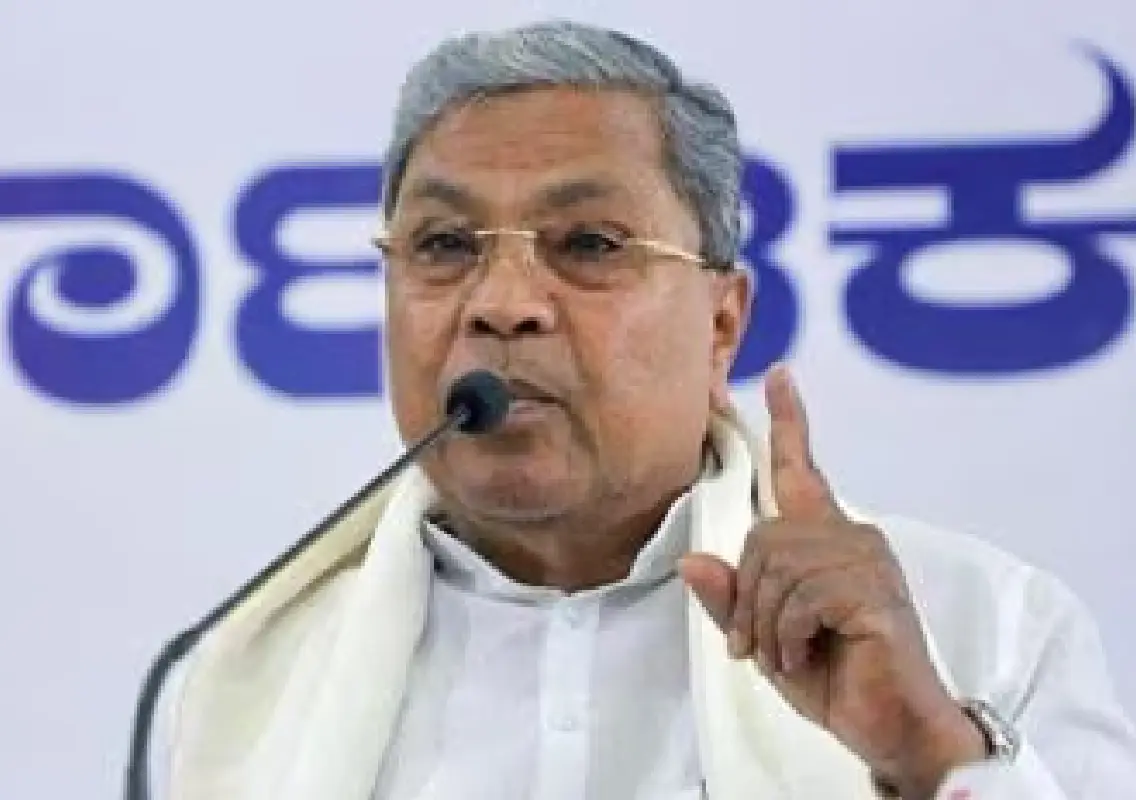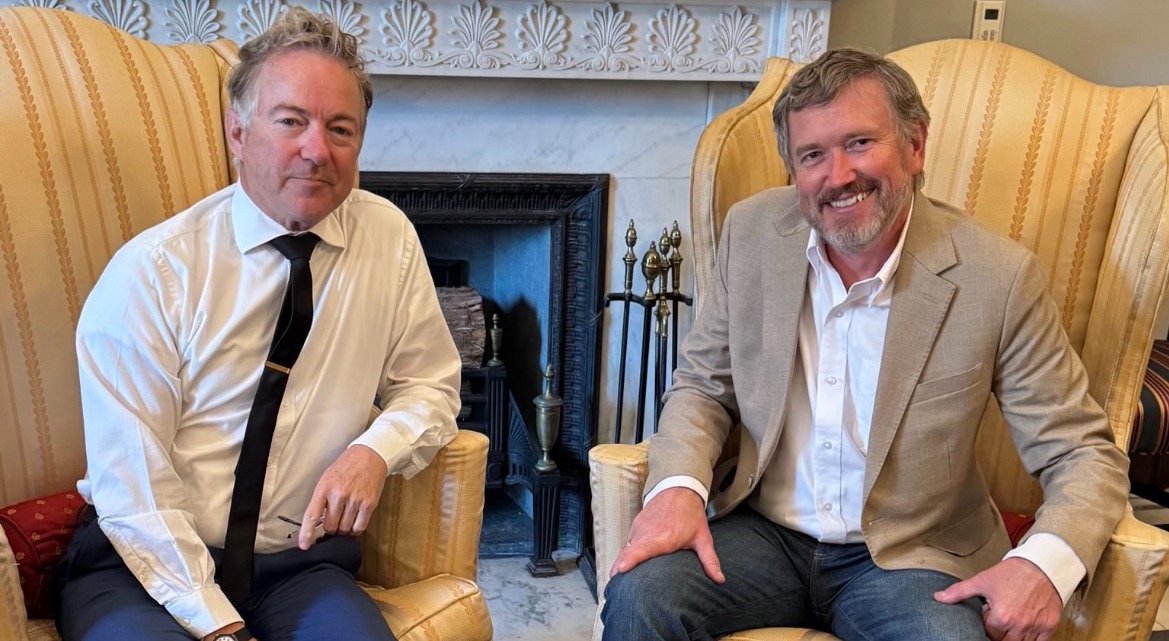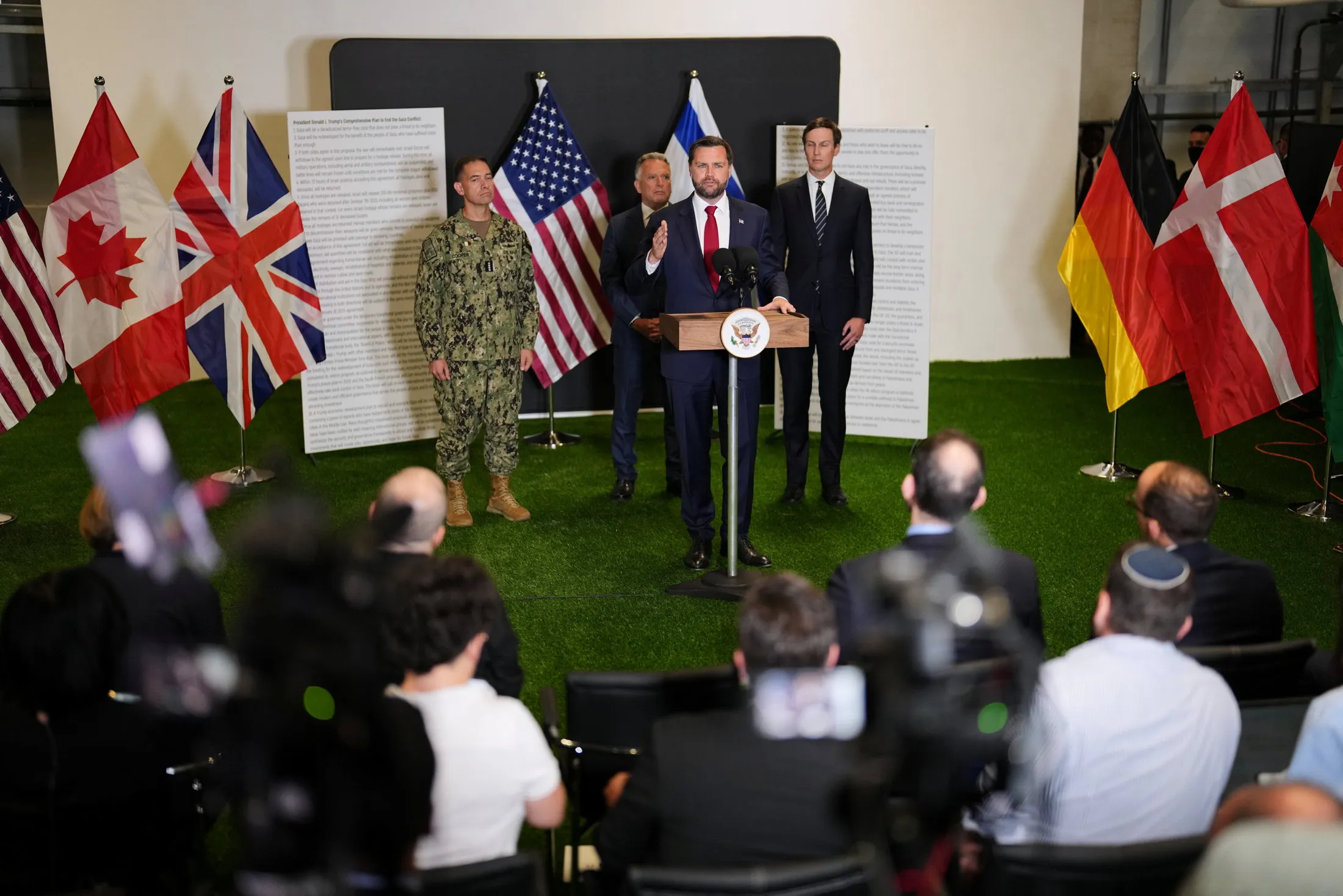Copyright pakobserver

ON 29 September 2025, Donald Trump announced his twenty-point Gaza peace plan. It was sold as a historic way to end decades of violence. But as I said before in Peace or Power Play: Trump’s Gaza Plan Unpacked, the plan didn’t include everyone, wasn’t credible and didn’t show respect for sovereignty. Last Sunday, when Israel bombed Gaza again, breaking the ceasefire it had promised to keep, it showed how tenuous that image of peace really was. Tel Aviv called these strikes “targeted security operations.” They murdered dozens of civilians, including women and children, in Deir al-Balah and Khan Younis. Not only did they break the basic rules of international law, but they also undermined the little faith Palestinians had in Trump’s plan. The Fourth Geneva Convention says that civilians can’t be punished as a group and Article 51 of the United Nations Charter only allows self-defence against an armed attack, not against a population that is being occupied. Once again, these basic rules have been broken. The plan’s architecture is where the real problem is. There was no Palestinian participation at the announcement in Washington, which was made with the Israeli Prime Minister at Trump’s side. It forced peace from the outside rather than establishing it from within. The International Stabilization Force, which was supposed to oversee demilitarization and reconstruction, never materialized and lacked a Chapter VII mandate under the UN Charter. A plan that ignores the people who are affected cannot provide lasting peace; it just stops one dispute and starts another. A new political event that is much more worrying has happened after Israel’s most recent bombing. The Jerusalem Post published a study this week that found that about 63% of Israelis approve of taking over significant sections of the West Bank, calling it “a natural extension of security control.” This feeling, which has been moulded by years of right-wing stories, means that any meaningful two-state concept is dead. The fact that so many people support annexation goes against every part of Trump’s proposal, which at least nominally kept the idea of Palestinian self-administration. As the keeper of this so-called peace plan, the United States had both the power and the duty to call annexation what it is: a flagrant violation of Article 2(4) of the UN Charter, which prohibits the use of force in international relations. A stronger response was required on such wrong initiatives. International credibility is presently at a very low point. Israel has broken both its promises under the Trump plan and under Article 26 of the Vienna Convention on the Law of Treaties, which requires parties to act in good faith when entering into agreements. There is no prominent organization, such as the UN Security Council or the International Criminal Court, that is responsible for investigating or punishing infringements. This creates a lack of accountability that leads to further violence. The “Board of Peace,” which is led by Trump and former British Prime Minister Tony Blair, is also a concern. Because of his role in the 2003 Iraq War, which was based on incorrect information, Blair’s presence still upsets the Arab and Muslim world. No peace body can mediate fairly without this kind of legitimacy. In the meantime, the humanitarian promises that were central to Trump’s agenda have already fallen apart. The United Nations Relief and Works Agency says that assistance trucks are still blocked at border crossings as bombing starts up again. This means that hospitals are running out of supplies and shelters are running out of food. Almost half a million people in Gaza are still homeless. The plan’s promise of quick rebuilding has turned into ruins. Article 55 of the Fourth Geneva Convention requires the occupying power to take care of the population. Still, the continuing siege of Gaza shows that these duties are being completely ignored. Even countries that were initially interested in helping with reconstruction have backed away from their promises because they don’t want to pay for initiatives without a clear political direction. The region has reacted quickly. People are protesting in Jordan, Egypt and Lebanon and Turkey and Qatar have called the strikes “a blatant breach of humanitarian law.” The European Union, which is typically careful, has made an unusual statement reminding Israel of its duties under Article 51 of Additional Protocol I to the Geneva Conventions. Peace cannot be forced through power politics. It needs to be rebuilt on trust, inclusiveness and responsibility. For any new endeavour to function, it must include all Palestinian groups that are ready to stop using violence, cooperate within a UN-mandated structure and connect rebuilding directly to confirmed Israeli disengagement. A rotating regional leadership system, including members from both Arab and Western partners, could help rebuild some trust. Only then can the idea of peace go from a fantasy to a reality. Trump’s strategy, which was always weak, is now clear: an exercise in controlled calm rather than a plan for justice. The fresh strikes and the scary referendum on annexation show that Gaza was never the end of the occupation; it was a test for a bigger territorial goal. International law is clear: occupation and sovereignty cannot exist together and rebuilding without freedom is only a new way to subjugate people. The United States needs to choose between continuing to allow impunity or ultimately changing its policies to match the values it helped write. Every bombing run, every poll for annexation and every diplomatic shrug will serve as a reminder that peace, without equality, is merely the pause between wars until then. —The writer is a International Law expert with a rich experience in negotiation, mediation and Alternate Dispute Resolution. (shozab2727@gmail.com)



